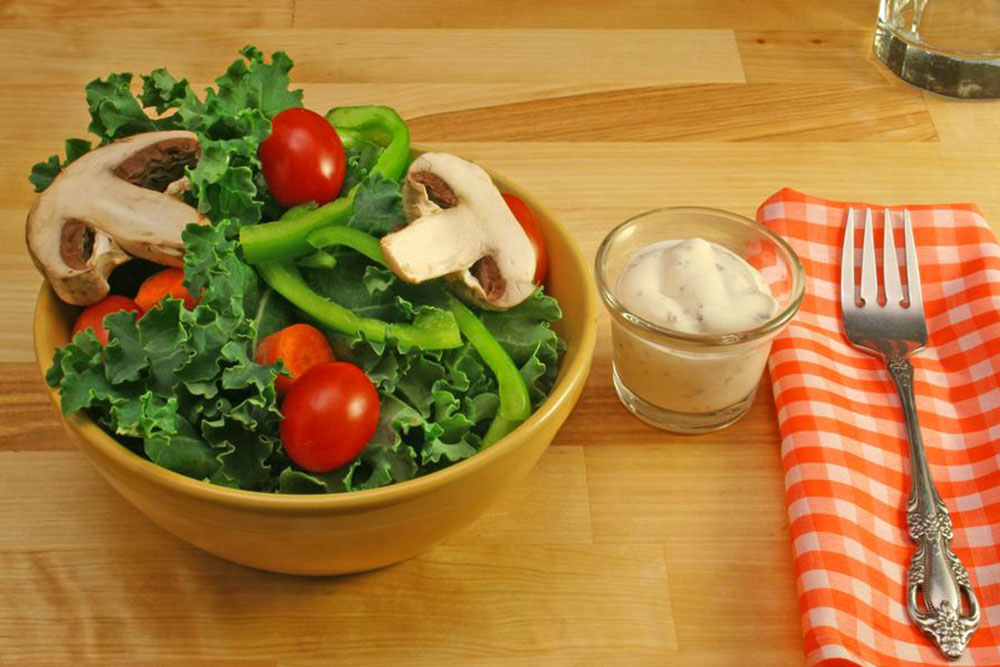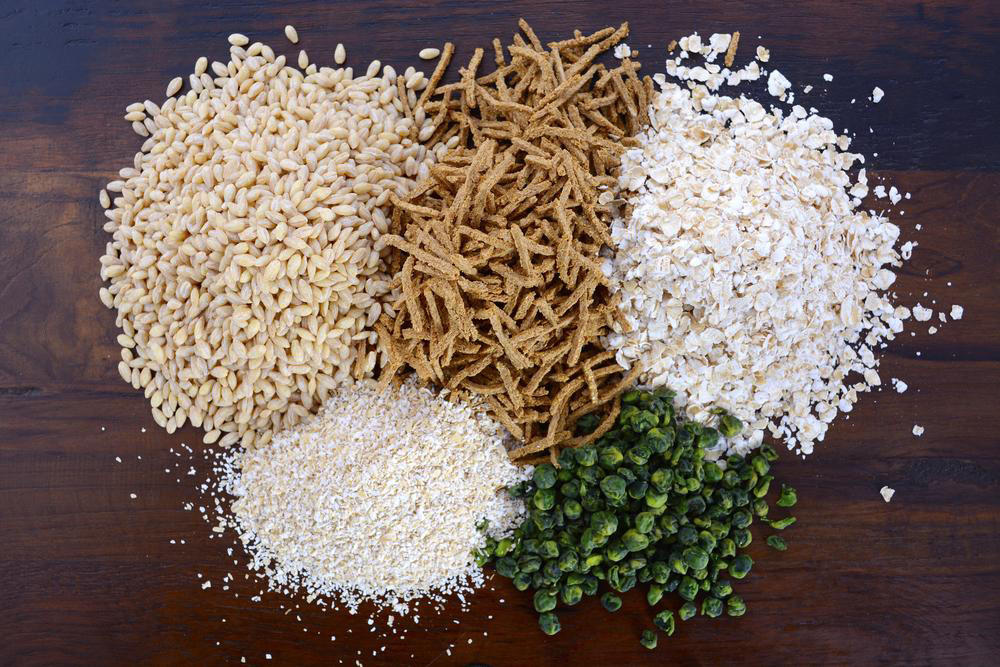Understanding Foods That Contribute to Excess Gas and Bloating: A Comprehensive Guide for Better Digestive Health
Discover the common foods that contribute to excess gas and bloating, and learn effective strategies to alleviate discomfort. This detailed guide covers food triggers like legumes, dairy, vegetables, and processed foods, offering practical tips for better digestion and overall well-being. Manage your diet wisely to reduce bloating and enjoy a healthier digestive system.

The Impact of Certain Foods on Gas Production and Digestion
Many individuals experience occasional stomach discomfort, discomfort often associated with excess gas and bloating. On average, healthy adults pass gas approximately 14 to 23 times each day, which is normal and necessary for the body's digestive process. However, certain foods are more likely to contribute to excessive gas buildup, especially those that are difficult to digest or contain specific fermentable carbohydrates. Recognizing these foods and making informed dietary choices can significantly alleviate symptoms, improve digestive health, and enhance overall well-being. This comprehensive guide explores various foods known to cause gas and offers practical advice on minimizing their impact.
Common Food Triggers for Excess Gas
Legumes and Beans
Legumes such as lentils, chickpeas, and especially French beans are rich in raffinose, a complex sugar that the human body has difficulty digesting directly. When these sugars reach the large intestine, bacteria ferment them, releasing gases like carbon dioxide, hydrogen, and methane, which can lead to bloating, flatulence, and abdominal discomfort. For many, consuming beans in moderation or using preparation methods that reduce raffinose—such as soaking or cooking thoroughly—can help lessen gas formation.
Whole Grains
Whole grains including wheat, barley, and jowar are high in fiber, raffinose, and starch. While beneficial for digestive health, these components can produce gas during the digestion process, particularly in individuals with sensitive digestive systems. On the other hand, rice is generally easy on the stomach and less likely to induce bloating, making it a preferable staple for those prone to gas.
Cabbage, Cauliflower, Broccoli, and Similar Vegetables
Cruciferous vegetables such as cabbage, cauliflower, Brussels sprouts, and asparagus are packed with raffinose and other fermentable fibers. Although highly nutritious, their consumption, especially during late evenings or before bedtime, can significantly increase gas production. To minimize bloating, it's advisable to incorporate these vegetables into meals earlier in the day, allow ample digestion time, and consider cooking methods that soften fibers.
Dairy Products and Lactose Intolerance
Dairy items like cheese, yogurt, milk, and ice cream contain lactose, a sugar that many individuals find difficult to digest due to lactose deficiency. This intolerance leads to fermentation of lactose in the gut, causing excess gas, bloating, and stomach pain. People with lactose intolerance should opt for lactose-free dairy products or plant-based alternatives and monitor their reactions carefully.
Processed and Packaged Foods
Many snack foods, baked goods, sauces, and breakfast cereals contain added lactose and fructose, sugars that can lead to increased gas production. Read labels carefully and choose products with minimal or no added fermentable sugars to aid in better digestion and reduce discomfort.
Fruits with High Fructose Content
Fruits such as apples, mangoes, pears, and watermelons are rich in fructose and sorbitol, sugar alcohols that can ferment in the gut and produce excess gases. For sensitive individuals, consuming these fruits in moderation and observing personal tolerance levels can help prevent bloating.
Artificial Sweeteners
Sugar substitutes like sorbitol and xylitol, often found in chewing gum, candies, and diet drinks, are associated with gas production and gastrointestinal discomfort when consumed in large quantities. Choosing natural sugars or limiting artificial sweeteners can provide relief.
Carbonated Beverages
Sodas, sparkling water, and fizzy drinks introduce air into the digestive tract, leading to bloating, belching, and discomfort. Reducing intake or choosing non-carbonated drinks can significantly improve digestive comfort.
Strategies to Reduce Gas and Improve Digestion
While eliminating all gas-inducing foods isn't practical or necessary for most people, strategic modifications to your diet can make a notable difference. Here are some helpful tips:Moderate portion sizes of gas-prone foods to avoid overwhelming your digestive system.
Eat slowly and chew food thoroughly to aid digestion and reduce swallowed air.
Incorporate probiotic-rich foods like yogurt and fermented foods to support healthy gut bacteria.
Consider digestive supplements such as alpha-galactosidase (like Beano) after consulting with a healthcare professional.
Maintain a regular eating schedule to allow your body to adapt and process foods efficiently.
Drink plenty of water throughout the day to facilitate digestion and nutrient absorption.
Limit intake of carbonated drinks and artificial sweeteners for better digestive comfort.
Persistent or severe bloating and gas issues should always be evaluated by a healthcare provider. Understanding your body's unique responses and making personalized dietary adjustments can greatly improve your quality of life and digestive health.





